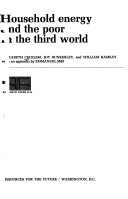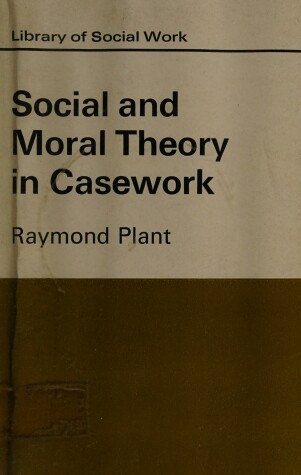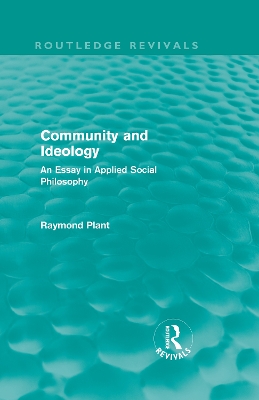Routledge Revivals
5 total works
The World Rubber Industry
by Colin Barlow, etc., Sisira Jayasuriya, and C. Suan Tan
Household Energy and the Poor in the Third World
by Elizabeth Cecelski and etc.
This volume originated as a report given to the World Bank in 1978 on the household energy consumption of both the urban and rural poor in developing countries. Originally published in 1979, this title supplies alternatives for meeting the domestic energy needs of the poor in developing countries and looks at the results of experiments in introducing new forms of energy. This book is a valuable resource for public policy makers and students interested in environmental studies and developmental studies.
First published in 1970, the aim of the book is to 'map the logical geography' of an important set of concepts which enter into the theory of social casework - those concerning the individual and society. Concepts examined include the individually orientated values of 'self-direction' and 'acceptance', and those of 'role', 'adjustment' and 'integration', which express the individual's relation to society. The author's main concern is to see whether a coherent theory of the relationship between individual and society can be given in terms of these concepts and to argue that such a theory is fundamental to casework discussion.
Mr Plant also discusses what, if any, social or political commitments the activity of casework presupposes, and evaluates the view that casework is 'apolitical'.
This re-issued work, first published in 1980, represents a work of normative political philosophy which argues positively for the centrality of the obligation to meet the various demands of social need in our society, and will be of particular interest to students of politics, philosophy, social politics and administration.
Bringing the insights of analytical Political Philosophy to bear on the issues of social welfare and welfare provision, the authors discuss such issues as the basis of the sense of stigma involved in the receipt of welfare benefits, the right of welfare and the concepts of 'community'.
Initially published in 1974, this is a work of applied social and political philosophy which relates the philsophical analysis to various forms of community work theory and practice. Raymond Plant emphasizes that 'community' has a wide range of both descriptive meanings and evaluative connotations, linking this dual role of the word in the description and evaluation of social experience to its history in ideological confrontations. The book takes account of some liberal criticisms of the community ideal, and finally seeks to re-state a theory of community compatible with a liberal ideology.




